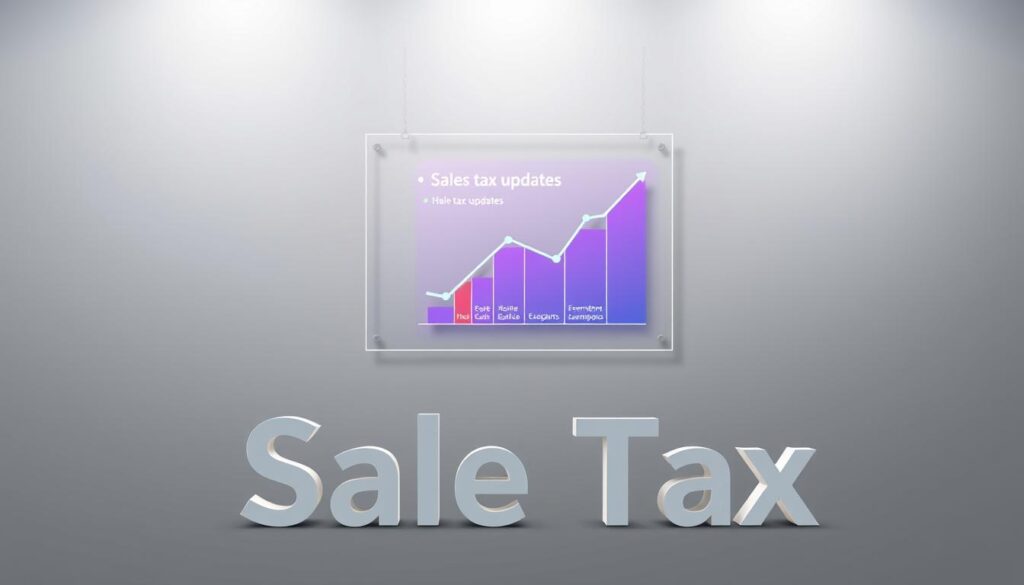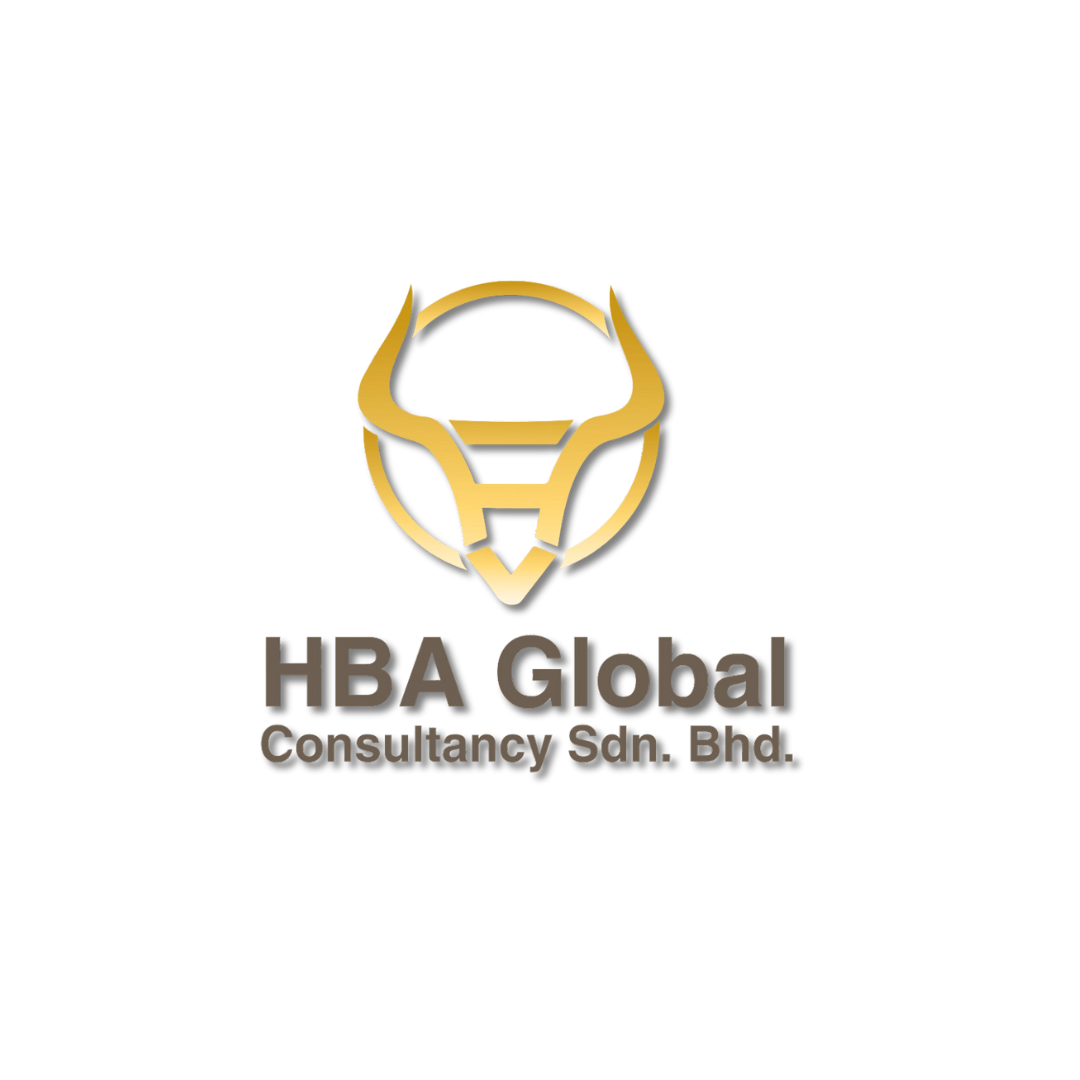Effective July 1, 2025, the SST regime broadened its scope to cover more goods at 5% and 10% and to include over 30 new service categories. We summarize what this means for your operations and compliance needs.
Key changes include newly taxable activities such as logistics, warehousing, brokerage, software development, commercial leasing, and fee-based financial services. Essential items like staple foods, books, medicines, and core building materials remain zero-rated to protect consumers.
Private healthcare for citizens stays exempt, while care for non-citizen patients at private facilities is taxed at 6%. Transitional invoicing rules mean goods invoiced before the effective date but delivered later may keep prior rates with proper documentation.
We offer end-to-end support to register you for SST, check thresholds, and map new rates into invoicing and ERP systems. Use the grace period through December 31, 2025 to align processes without penalties.
Key Takeaways
- Broader scope: Goods now taxed at 5%–10% and many services added from the effective date.
- Essentials protected: Staples, books, and medicines remain zero-rated.
- Health rule: Private care for citizens exempt; non-citizen services taxed at 6%.
- Transitional invoicing: Pre-July invoices may retain old rates with records.
- Grace period: Penalty-free window until Dec 31, 2025 for demonstrable compliance efforts.
- We can help: Registration, threshold checks, and ERP mapping to ensure correct charging and reporting.
What’s changing from July 1, 2025: a news brief for Malaysian businesses
Effective July 1, 2025, the tax framework broadens its scope for both sales tax and service tax. Non-essential and luxury goods now fall into 5% or 10% bands, while over 30 service categories move into taxable territory.
The changes affect multiple sectors, including logistics, warehousing, brokerage, software development, commercial leasing, and private healthcare and education when supplied to non-citizens. Construction and leasing categories also have updated thresholds that alter who must register and charge tax.
A compliance grace period runs until December 31, 2025. Use that time to map SKUs and services, flag customer types, and update invoicing rules so you avoid mis-charging on the effective date.
“Start mapping tax to products and services now to avoid disruption on and after July 1.”
We assist you in confirming whether you cross SST thresholds and in completing registration swiftly. Our specialists validate rate logic (6% vs 8% for service tax; 5% vs 10% for sales tax) and align your ERP go-live settings.
- The date: July 1, 2025 — broader scope and revised categories.
- Goods: many items shift to 5% or 10%.
- Services: over 30 new categories taxed; healthcare/education rules depend on customer type.

Sales tax updates: new scope, rates, and exemptions on goods
We prepared a concise summary so you can act quickly. The sales tax regime reclassifies many product codes and changes pricing impacts for traders and manufacturers.
Wider coverage at 5% and 10%: non-essential and luxury goods now in scope
Over 4,800 goods shifted to the 5% band, including luxury foods, essential oils, silk, and select machinery. Most other taxable goods remain at the 10% rate.
Classify your catalog now. Reconcile tariff codes so you charge the correct rate at checkout and in customs filings.

Essential and zero-rated items preserved, with select imported fruits exempted
Staples such as rice, chicken, beef, vegetables, and eggs stay exempt or zero-rated. Books, medicines, pharmaceuticals, and basic building materials are protected.
Importantly, selected imported fruits — apples, oranges, mandarins, and dates — are exempt. Update product tax flags to avoid over-collection.
“Track transitional deliveries: invoices dated before July 1 may retain the prior rate if documentation is complete.”
- Confirm SKU tariff alignment and update ERP tax codes.
- Adjust pricing models for 5% and 10% goods to protect margins.
- Review contracts for tax pass-through clauses and supply-chain BOMs.
- We reconcile your SKU master, check thresholds, and handle SST registration where needed.
Broader coverage of the services tax: categories, rates, and notable exclusions
Updated tax schedules widen coverage for many services, prompting immediate internal mapping and controls.
We map your portfolio to the new categories and confirm thresholds so you can register correctly. Inventory workstreams such as logistics, warehousing, brokerage, software development and commercial leasing now appear under service tax with category-specific treatment.
Rate structure: most standard services are taxed at 6%. Selected lines—commission-based brokerage and some leasing arrangements—are taxed at 8%.
Healthcare and education nuances
Private healthcare for citizens remains exempt. Services provided to non-Malaysian patients are taxable at 6%.
Private education supplied to non-resident students is within scope. Healthcare and education providers must segment customers and update billing flags.
“Segment patients and students by status to apply the correct treatment and avoid mis-charging.”
| Service category | Typical rate | Action for businesses |
|---|---|---|
| Logistics & warehousing | 6% | Map SKUs and update invoices |
| Brokerage & fee-based finance | 8% (selected) | Validate fee lines vs RMCD schedules |
| Software development | 6% | Apply service codes in ERP |
| Private healthcare (non-resident) | 6% | Segment patient records by citizenship |
Beauty services are slated for removal from the service tax list pending amendment; review registrations if this affects you.
We set up tax determination rules in invoicing systems and draft contract addenda so your quotes, proposals, and client billing reflect the correct treatment.
Malaysia will implement a significant expansion of its Sales and Services Tax: thresholds, registration, and who must register
Registration obligations now hinge on clearer revenue bands and service-specific thresholds. Determine your 12‑month taxable turnover to see if registration is required. The standard threshold remains RM500,000 measured over the prior 12 months.
Thresholds at a glance
- Standard: RM500,000 taxable turnover over the last 12 months.
- Rental/leasing & fee-based finance: RM1,000,000 (per RMCD guidance).
- Special: construction and private healthcare RM1,500,000; private education RM60,000 per student per year.
Registration via MySST is online. Approvals and effective dates issue by email. Voluntary registration opens from June 28, 2025. Timing affects whether your effective date is July 1 or August 1.
“Use voluntary registration to access B2B facilities early and to lock in exemptions where eligible.”
How we help: we run threshold checks using trailing 12‑month revenue and forecasts, submit your MySST application, add new tariff and service codes, and confirm effective dates with Royal Malaysian Customs.
| Step | What we do | Outcome |
|---|---|---|
| Threshold diagnostic | Analyze 12‑month turnover and projections | Clear registration timing |
| MySST submission | Complete online filing and attach schedules | Approval letter and effective date |
| Configuration | Add tariffs/services and RMCD policy alignment | ERP tax rules set; correct charging |
Next steps for businesses: check thresholds today, consider voluntary registration, and engage us to set controls and a compliance calendar with the malaysian customs department.
Transitional rules, grace period, and enforcement outlook
When deliveries and invoices straddle the effective date, documentation determines the correct treatment. Transitional relief lets goods invoiced before July 1 retain prior rates if records prove the tax point.
Invoicing around the cutover
Align billing cutovers so shipments delivered after July 1 use previous rates only when invoiced earlier and supporting documents exist.
- Verify tax point, delivery date, and rate on every transaction that spans the period.
- Train AR/AP teams to apply rules for services delivered over time versus at a single point.
- Maintain audit files with contracts, customer classification, and rate decisions under the sst framework.
Grace period and enforcement
The RMCD grace period runs through December 31, 2025. During this period, no penalties apply for late registration, delayed filing, or documentation gaps when reasonable efforts to comply are shown.
After the period ends, expect active audits, back-tax assessments, and possible penalties. We run transitional ledger reviews, draft SOPs for tax points, and support filing to reduce downstream risk.
Sector-by-sector impact: pricing, contracts, and pass-through strategies
Companies across key sectors face fresh tax points that affect pricing, invoicing, and client agreements.
We tailor pass-through strategies and contract clauses for your sector and manage SST registration where applicable.
Logistics, warehousing, and professional services
Logistics and warehousing teams should model pricing with service tax in mind. Review client contracts for clear pass-through language.
- Update service lines for advisory, design, and software work to reflect whether these services are taxable.
- Adjust invoices to show tax components and preserve audit evidence for business customers.
Financial services and leasing
Financial services firms can leverage B2B exemptions where counterparties qualify. Document eligibility and retain supporting records.
- Assess group relief options for leasing and rental leasing to improve cash flow.
- Apply non-reviewable contract rules where rates cannot be adjusted and keep proof that agreements meet policy criteria.
We draft contract riders, B2B exemption representations, and invoice narratives. Our sector playbooks include GL mapping and pre-tested wording for counterparties and auditors.
Official policies and practical reliefs you can leverage today
Policy clarifications provide actionable paths for financial services, leasing groups, and healthcare providers to lower cash cost. These RMCD Service Tax Policies (Nos. 1–5) cover financial services, rental/leasing, construction, education, and private healthcare.
RMCD policy highlights and reliefs
Use B2B exemptions for qualifying financial counterparties to reduce immediate cash outflows. Apply group relief for rental and leasing to limit cascading charges.
Identify contracts eligible for non-reviewable exemptions and document criteria clearly. Track the pending removal of beauty services so you can cancel scopes when regulations are gazetted.
Voluntary registration and tariff updates
Voluntary registration opens June 28 and affects your effective date. Existing registrants can add new tariff codes from June 20 so charging aligns from July 1.
- We prepare and lodge your registration and add tariffs/services to MySST.
- We configure ERP rules to attach policy-driven exemptions and group relief flags.
- We supply a policy tracker, training, and documentation templates to defend positions under audit.
“Apply policy reliefs now to reduce cash cost and stay compliant during the transitional period.”
Act now: engage us to lock in registration timing, claim permitted exemptions, and update systems so your contracts and pricing reflect current RMCD guidance.
Your compliance plan: assess, register, configure systems, communicate
Begin with a fast exposure review to reveal gaps in product classification, invoicing, and customer segmentation.
We run targeted SST exposure checks across goods and services, then confirm whether your turnover crosses thresholds. This step drives timely registration via MySST and secures effective-date notifications.
Our service: end-to-end SST threshold checks, registration, and system-ready tax mapping
We handle registration, map rules into ERP/POS, and embed validation checks so you charge correct tax by line item.
We also draft SOPs for tax point, customer classification, and exemption evidence. Training for sales, billing, and AP teams prevents mis-charging from day one.
| Stage | Deliverable | Outcome |
|---|---|---|
| Assess | Exposure report by SKU and service line | Clear compliance priorities |
| Register | MySST application and tariff setup | Approval letter and effective date |
| Configure | ERP tax mapping and controls | Accurate invoicing and returns |
- We monitor RMCD updates and adjust mappings when policies change.
- Our helpdesk supports quotes, contracts, and real-time queries so businesses must stay compliant.
Conclusion
This conclusion summarizes actionable steps to lock in correct tax treatment and protect margins under the new SST framework.
Confirm exposure across goods and services, check thresholds by category, and use the RMCD reliefs where eligible. Essentials and selected imported fruits remain protected, while many items now attract 5% or 10% rates and most services face service tax at 6% (with select lines at 8%).
Use the penalty-free period through December 31, 2025 to register via MySST, test ERP rules, and tighten documentation. We are ready to register you for SST, verify thresholds, and map rates so your teams can focus on revenue. Speak to us today to secure compliance and safeguard cash flow.
FAQ
What is changing from July 1, 2025, and who must act?
From July 1, 2025, the SST framework expands to cover more goods and services. Businesses that meet new thresholds must register, charge tax, and update invoices. Check your annual taxable turnover against the RM500,000 general threshold and the RM1,000,000 threshold for rental/leasing and fee-based financial services. We recommend assessing your revenue streams, especially if you operate in logistics, warehousing, brokerage, software, or commercial leasing.
Which goods are newly subject to sales tax and at what rates?
The updated sales tax applies broader coverage with common rates at 5% and 10% for non‑essential and luxury goods. Essential items remain either zero-rated or exempt. Select imported fruits receive specific exemptions. Review product lists and Harmonized System codes to classify goods correctly and apply the right rate.
Which services are newly taxable under the expanded services tax?
Newly taxable services include logistics, warehousing, brokerage, certain software and digital services, and commercial leasing. Professional services with B2B supply chains may now face greater SST exposure. Beauty services are removed from the taxable list. Analyze service contracts to determine taxability and possible downstream impacts.
What are the service tax rates and sector distinctions?
The primary service tax rate is 6% for key sectors, with an 8% rate applied to selected services. Some sectors, such as private healthcare and private education, retain specific exemptions for citizens while services supplied to non‑citizens or certain private facilities may be taxable. Confirm sector guidance from the Royal Malaysian Customs Department for precise rules.
How do thresholds and registration work under the new rules?
Registration thresholds are RM500,000 for most businesses. A higher threshold of RM1,000,000 applies to rental/leasing and fee‑based financial services. Special thresholds for construction, private healthcare, and private education take effect in July 2025. You must register via MySST if your taxable turnover exceeds the relevant threshold or if you opt for voluntary registration to manage compliance proactively.
What transitional rules apply around July 1, 2025?
Transitional rules allow for invoicing and delivery considerations for supplies spanning the effective date. Documentation must clearly show tax treatment for deliveries after July 1. There is a penalty‑free window until December 31, 2025, after which full enforcement and penalties resume. Keep accurate records to support transitional treatments.
How will the changes affect pricing and contracts?
Businesses should evaluate pricing strategies, contract clauses, and pass‑through options. Sectors with expanded exposure—logistics, warehousing, and professional services—may need to adjust fees or renegotiate contracts to reflect SST liabilities. Consider clause updates for non‑reviewable contracts and group relief where applicable.
What practical reliefs and policies are available from RMCD?
RMCD has issued service tax policies addressing financial services, rental/leasing, construction, education, and private healthcare. Guidance covers exemptions, taxable scopes, and relief measures. Voluntary registration windows and tariff additions may offer practical compliance paths. Always refer to official RMCD circulars for the latest positions.
How should businesses prepare operationally and technically?
Create a compliance plan: assess taxable activities, register where required, update accounting and billing systems, and communicate changes to clients and suppliers. Map tax codes in your ERP, enable reporting for SST returns, and train staff on invoicing and documentation standards. We offer end‑to‑end SST threshold checks, registration support, and system tax mapping services.
Where can we find official guidance and updates?
Official guidance is issued by the Royal Malaysian Customs Department (RMCD) via circulars and the MySST portal. Monitor RMCD announcements for rate clarifications, sectoral policies, and enforcement timelines. Engage your tax advisor to interpret RMCD policies as they apply to your specific operations.
What penalties apply for noncompliance after the grace period?
After December 31, 2025, standard penalties and interest for late registration, incorrect returns, or failure to charge tax will apply. Penalties may include fines and interest on outstanding tax. Maintain accurate records and timely filings to avoid enforcement actions.
Disclaimer:
The information shared in this post is for general educational and reference purposes only. It does not constitute professional advice. Regulations and requirements may change from time to time. For guidance specific to your situation, please consult with our firm or a qualified professional.

